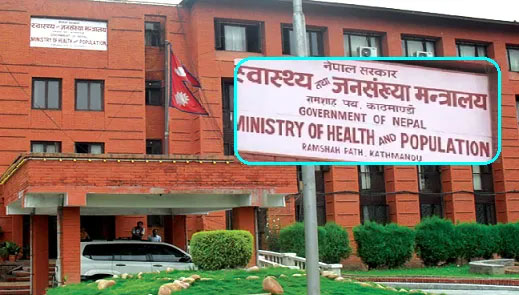
Nepal Govt to Introduce Nursing Education in Government Hospitals
In a significant move to bolster the healthcare sector, the Government of Nepal has announced plans to introduce nursing education programs in government-run hospitals. This initiative, led by the Ministry of Health and Population, aims to leverage the existing infrastructure of hospitals with 100 to 300 beds to enhance and expand nursing education across the country.
A Strategic Initiative for Healthcare Education
According to officials, this educational expansion is set to be implemented shortly, following the approval from the Council of Ministers. The plan will encompass both provincial and central government hospitals, making nursing education more accessible to students nationwide.
During a recent meeting of the Education, Health, and Information Technology Committee of the House of Representatives, Dr. Roshan Pokharel, Secretary of the Ministry of Health and Population, outlined the government's vision. He emphasized the importance of utilizing the capacity of hospitals that formerly served as zonal hospitals for teaching purposes. "In previous zonal hospitals, we teach nursing, and the responsibility of the state has gone ahead," Dr. Pokharel stated, highlighting the government's commitment to enhancing healthcare education.
Dual Course Offerings and Practical Training
In addition to nursing, Dr. Pokharel revealed plans to introduce MBBS education in hospitals with a 300-bed capacity, further broadening the scope of medical education in Nepal. The initiative also includes offering two distinct nursing courses – for Staff Nurses and Bachelor Nurses – within the same hospital facilities. This approach aims to streamline the education process and make efficient use of the available resources.
Dr. Pokharel further explained the rationale behind offering multiple courses in a single hospital: "If you start giving two hospitals to two people, you can't do it again." This statement underscores the government's strategy to optimize resource utilization and avoid redundancy in educational offerings.
The Government of Nepal's decision to introduce nursing education in government hospitals marks a pivotal step toward enhancing the quality and accessibility of healthcare education in the country. By integrating educational programs with practical hospital training, the initiative promises to produce well-trained nursing professionals ready to meet the demands of the healthcare sector. This move not only aligns with the nation's healthcare objectives but also sets a precedent for innovative approaches to medical education.





